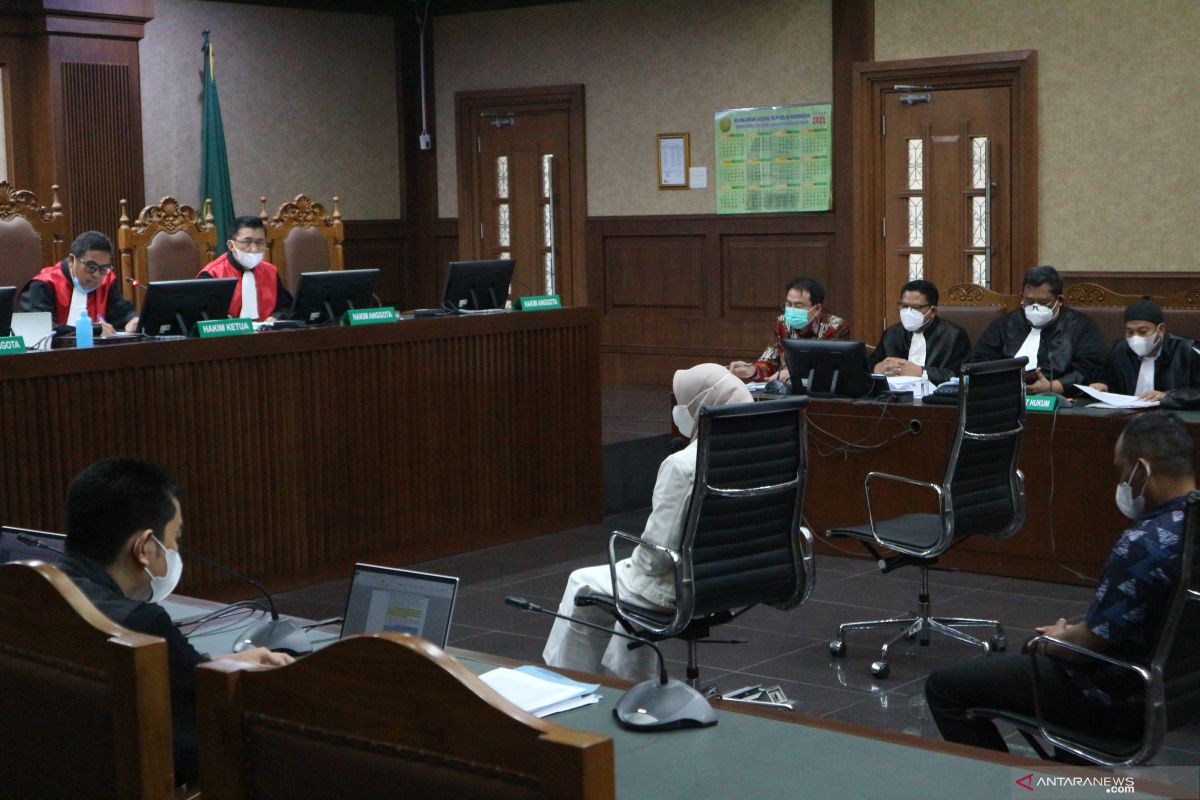Assisted Dying: The Revised Bill And Its Implications For England And Wales

Welcome to your ultimate source for breaking news, trending updates, and in-depth stories from around the world. Whether it's politics, technology, entertainment, sports, or lifestyle, we bring you real-time updates that keep you informed and ahead of the curve.
Our team works tirelessly to ensure you never miss a moment. From the latest developments in global events to the most talked-about topics on social media, our news platform is designed to deliver accurate and timely information, all in one place.
Stay in the know and join thousands of readers who trust us for reliable, up-to-date content. Explore our expertly curated articles and dive deeper into the stories that matter to you. Visit Best Website now and be part of the conversation. Don't miss out on the headlines that shape our world!
Table of Contents
Assisted Dying: The Revised Bill and its Implications for England and Wales
The debate surrounding assisted dying in England and Wales has reignited with the introduction of a revised bill. This complex issue, deeply rooted in ethical, moral, and legal considerations, continues to spark passionate arguments on both sides. This article delves into the key changes proposed in the revised bill and explores its potential implications for individuals, families, and the healthcare system.
Understanding the Current Legal Landscape
Currently, assisting a suicide is a criminal offence in England and Wales, punishable by up to 14 years imprisonment. While the existing law allows for the withdrawal of life-sustaining treatment, it doesn't explicitly permit assisted dying, even for individuals suffering from terminal illnesses. This legal framework has been the subject of intense scrutiny for years, with proponents arguing it infringes upon the autonomy of terminally ill individuals.
Key Changes in the Revised Bill:
The revised bill, while still subject to parliamentary debate and potential amendments, proposes several significant changes to the current legislation. These include:
- Stricter Eligibility Criteria: The bill is expected to include stringent eligibility criteria, potentially limiting assisted dying to individuals with a terminal illness with a prognosis of six months or less to live. This aims to prevent abuse and safeguard vulnerable individuals.
- Independent Medical Assessment: Multiple independent medical professionals would need to confirm the patient's diagnosis, prognosis, and capacity to make informed decisions. This multiple assessment process is designed to ensure the patient's wishes are genuine and not influenced by coercion or depression.
- Robust Safeguards and Oversight: The bill likely incorporates robust safeguards, including mandatory reporting procedures and independent oversight bodies to monitor the implementation and address potential concerns. This aims to maintain transparency and accountability.
- Patient's Capacity and Consent: The bill will emphasize the importance of the patient's capacity to make informed decisions, free from coercion or undue influence. This element is crucial in ensuring the process respects individual autonomy.
Implications for England and Wales:
The passage of a revised assisted dying bill would have profound implications for England and Wales:
- Increased Access to Choice: For those with terminal illnesses, the bill could offer a greater sense of control over their end-of-life experience, providing a legal avenue to choose assisted dying.
- Ethical and Moral Debates: The bill will undoubtedly continue to ignite fierce ethical and moral debates, focusing on the sanctity of life, the potential for abuse, and the role of the state in end-of-life decisions.
- Impact on Healthcare Professionals: The implementation of the bill would require significant changes in healthcare training and protocols, potentially impacting the roles and responsibilities of doctors, nurses, and other healthcare professionals. This would necessitate extensive professional discussion and training.
- Public Opinion and Social Attitudes: The passage of the bill would likely reflect a shift in public opinion and social attitudes towards death and dying, potentially influencing end-of-life care practices more broadly.
Looking Ahead:
The future of assisted dying in England and Wales remains uncertain. The revised bill will face intense scrutiny during its parliamentary passage, with ongoing debates on its implications and potential impact. While the bill aims to provide a compassionate and regulated approach to assisted dying, ensuring appropriate safeguards and protecting vulnerable individuals will remain paramount. The ongoing discussions and potential legislative changes warrant close monitoring and further debate. The debate itself highlights the evolving societal perspectives on death, dignity, and the right to self-determination. Further information and resources on this complex issue can be found on the websites of [link to relevant charity or government website].

Thank you for visiting our website, your trusted source for the latest updates and in-depth coverage on Assisted Dying: The Revised Bill And Its Implications For England And Wales. We're committed to keeping you informed with timely and accurate information to meet your curiosity and needs.
If you have any questions, suggestions, or feedback, we'd love to hear from you. Your insights are valuable to us and help us improve to serve you better. Feel free to reach out through our contact page.
Don't forget to bookmark our website and check back regularly for the latest headlines and trending topics. See you next time, and thank you for being part of our growing community!
Featured Posts
-
 Shocking Uk Savings Statistics One In Ten Possess No Savings
May 17, 2025
Shocking Uk Savings Statistics One In Ten Possess No Savings
May 17, 2025 -
 Jorge Martins Moto Gp Move Does This Close The Door On Toprak Razgatlioglu
May 17, 2025
Jorge Martins Moto Gp Move Does This Close The Door On Toprak Razgatlioglu
May 17, 2025 -
 Siap Mendaftar Stin 2025 Ketahui Jadwal Dan Prosedur Pendaftarannya
May 17, 2025
Siap Mendaftar Stin 2025 Ketahui Jadwal Dan Prosedur Pendaftarannya
May 17, 2025 -
 Britains Post Brexit Trajectory Back To The Eu
May 17, 2025
Britains Post Brexit Trajectory Back To The Eu
May 17, 2025 -
 Red Bulls Speed Deficit Verstappen Voices Concerns After Difficult Imola Friday
May 17, 2025
Red Bulls Speed Deficit Verstappen Voices Concerns After Difficult Imola Friday
May 17, 2025
Latest Posts
-
 Britains Post Brexit Trajectory Back To The Eu
May 17, 2025
Britains Post Brexit Trajectory Back To The Eu
May 17, 2025 -
 Farm Inheritance Tax Delay Mps Demand One Year Reprieve
May 17, 2025
Farm Inheritance Tax Delay Mps Demand One Year Reprieve
May 17, 2025 -
 Inheritance Tax On Farms Mps Push For 12 Month Proposal Delay
May 17, 2025
Inheritance Tax On Farms Mps Push For 12 Month Proposal Delay
May 17, 2025 -
 Albania Snub And Economic Uptick A Challenging Week For Keir Starmer
May 17, 2025
Albania Snub And Economic Uptick A Challenging Week For Keir Starmer
May 17, 2025 -
 Updated Assisted Dying Legislation Debate Looms In Uk Parliament
May 17, 2025
Updated Assisted Dying Legislation Debate Looms In Uk Parliament
May 17, 2025 -
 Kunjungan Artis Film Cocote And Tonggo Ke Sentra Tenun Tradisional Kediri
May 17, 2025
Kunjungan Artis Film Cocote And Tonggo Ke Sentra Tenun Tradisional Kediri
May 17, 2025 -
 Comeback Sandy Walsh Boosting Timnas Indonesia Di Bawah Kluivert
May 17, 2025
Comeback Sandy Walsh Boosting Timnas Indonesia Di Bawah Kluivert
May 17, 2025 -
 Perkembangan Hukum Di Indonesia Menilik Kasus Rita Widyasari Dan Penanganan Konten Inses
May 17, 2025
Perkembangan Hukum Di Indonesia Menilik Kasus Rita Widyasari Dan Penanganan Konten Inses
May 17, 2025 -
 Tni Al Amankan 1 9 Ton Narkotika Bongkar Jaringan Internasional Di Kepri
May 17, 2025
Tni Al Amankan 1 9 Ton Narkotika Bongkar Jaringan Internasional Di Kepri
May 17, 2025 -
 Ancelotti Pelatih Timnas Brasil Casemiro Setuju
May 17, 2025
Ancelotti Pelatih Timnas Brasil Casemiro Setuju
May 17, 2025
